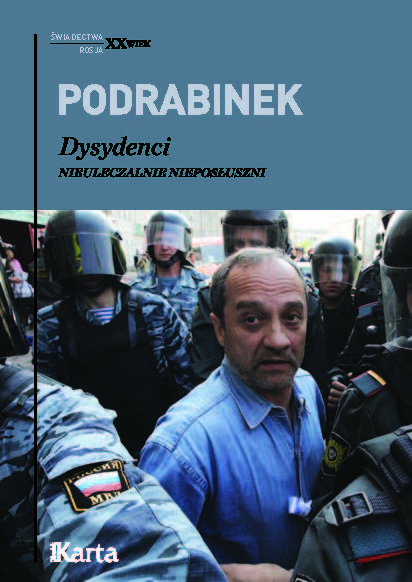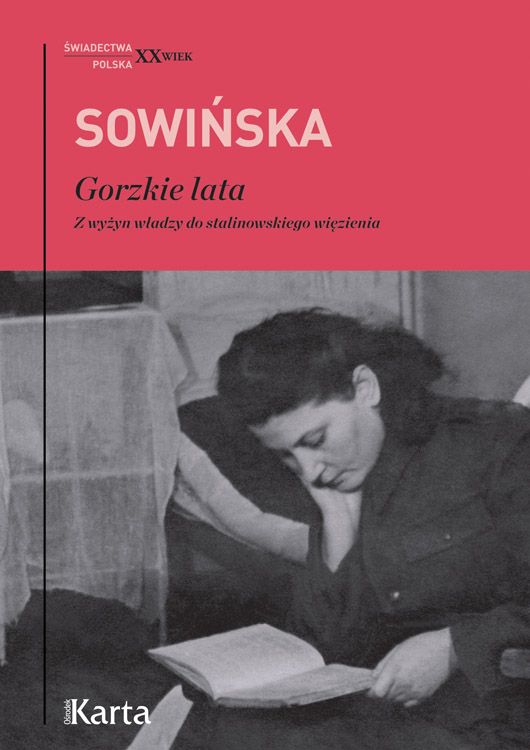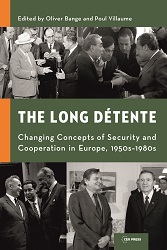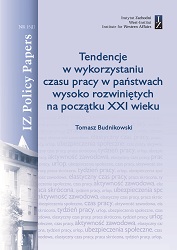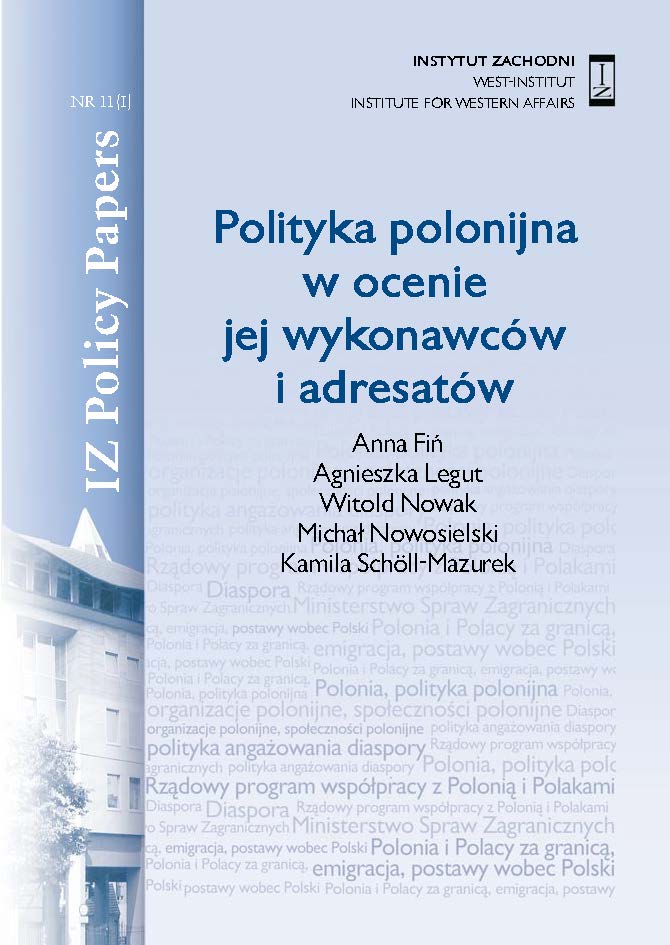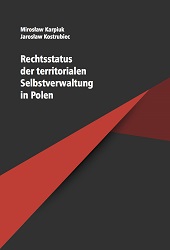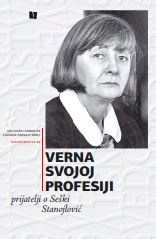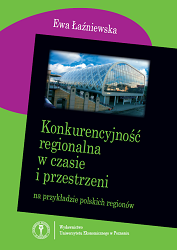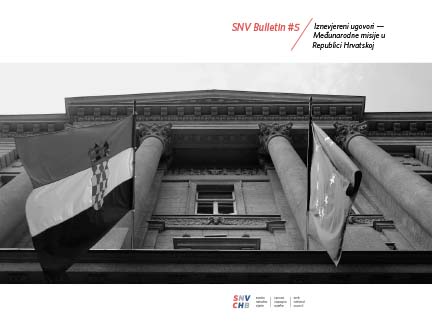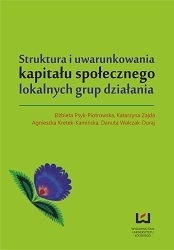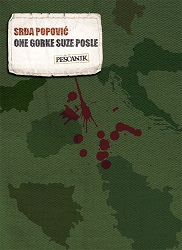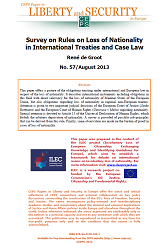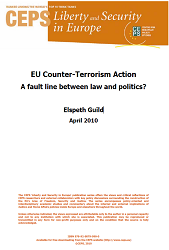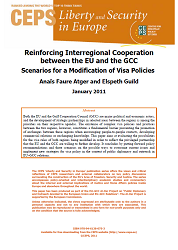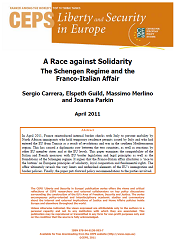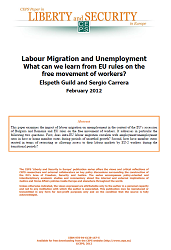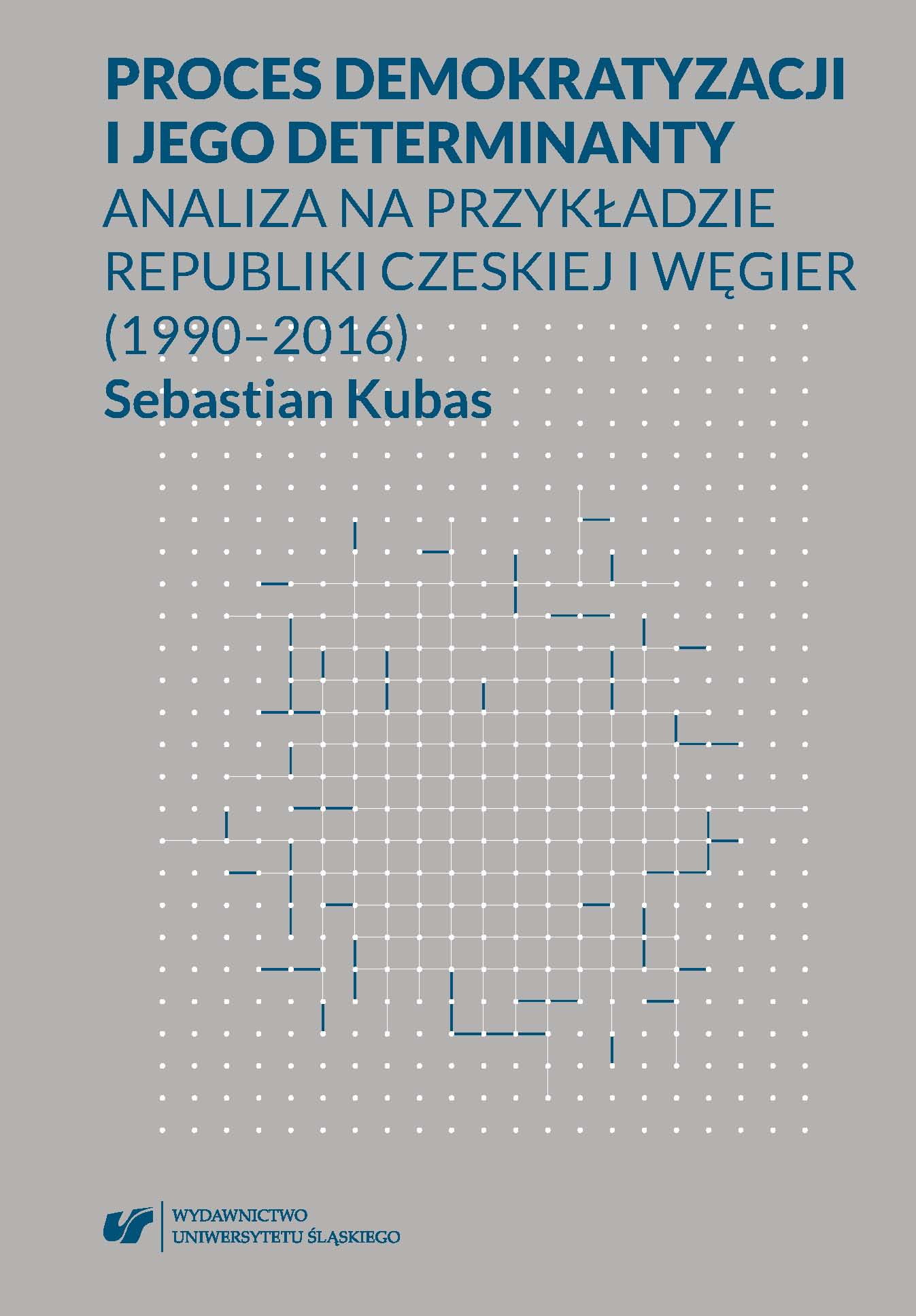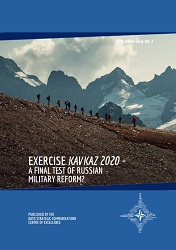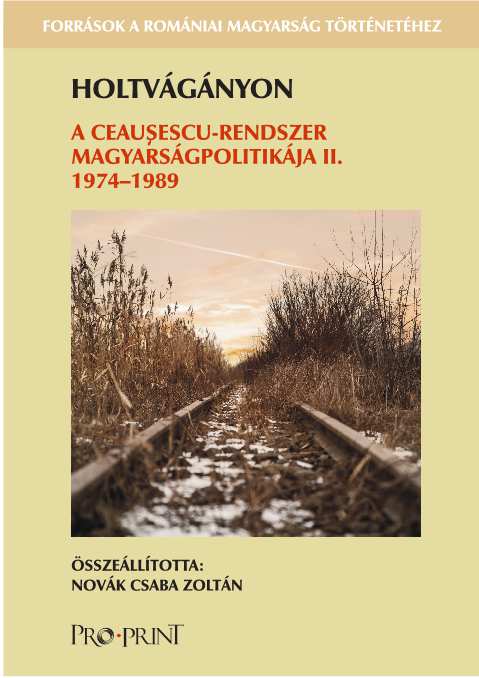
Holtvágányon
A Ceauşescu-rendszer magyarságpolitikája II. 1974-1989
In the beginning of the 70’s and at the peak of his career, and having total control over society and its partial ’sympathy’, Nicolae Ceausescu began implementing his projects regarding the transformation of society, projects devised in the sixties. In 1971 the ’July Theses’ brought an increase in ideological strictness, while the following years have brought the changes: start of the territorial reorganization, increase of control over society, forced industrialization, and then economic restrictions. During the second half of the seventies, the general features of the Romanian political system are in place, and remain defining for political life until the change of regime in ’89. The Party leadership’s vision of the future has been defined by separatist foreign and economic policies, intensified industrialization and urbanization, refusal of political and economic structural reforms, construction of the homogenous society and nation, and last but not least total control over power concentrated around the General Secretary and his close entourage. The participation of society in political life became minimal, and the intertwining of state agencies with the Party evoked the Stalinist era of the fifties. The concentration of power, the fusion of state agencies with the Party were carried out on local levels as well. More and more key positions have been entrusted to the General Secretary’s relatives and family members, thus preventing the embodiment of an executive that could have opposed his decisions. The above mentioned economic and political changes have produced a visible transformation in the Party’s policy towards the ethnic Hungarian population. The relaxation of centre–periphery (Soviet Union – Eastern Bloc states) political relations within the Communist Bloc was used by Party leadership to redefine the country’s identity. The path of constructing the homogenous society and nation was openly adopted. By this time the Jewish population has already left Romania, while based on the agreements with the GFR, the German population was fleeing by the tens of thousands. According to the new interpretation, the ethnic minorities from Romania did not have the right to create national communities based on their own linguistic and cultural traditions, thus they did not become part of the Romanian socialist nation as a collective entity. Appeared new discriminatory laws: law on education, accommodation act, suppression of mother tongue usage in education and administration, removal of bilingual inscriptions, a visible emptying of content of the cultural products. Another clear sign of the radical changes in the policy towards nationalities was the gradual transformation of the activities of ethnic workers’ councils. At the beginning MNDT (Council of Ethnic Hungarian Workers’) or the other ethnic councils (German, Serb) also had a role of mediation between Party leadership and cultural elite. The new national political context has manifested by changing these council’s cadres, both on a central and local, county, level. Intellectuals that had defining roles in previous times and who in policies towards the nationalities have vehemently expressed their opinions, have now been overshadowed or changed. During these times, the state policy towards the ethnic Hungarians, the situation of the Hungarian population from Romania became the core of Hungarian–Romanian bilateral relations. Party leadership from Hungary, previously on a defensive position as far as its foreign policy was concerned, now due to the pressures from popular-traditional intellectuals and from the general public opinion, began to take this issue seriously, in a first phase on the level of the bilateral relations. In the beginning of the eighties the state was confronted with serious international economic and political challenges, to which the state should have responded in a flexible manner oriented towards reforms. The RCP’s leadership, purified from opposition, having total political and social control, has firmly rejected all initiatives of reform. This system with more and more prominent neo-Stalinist features, was helplessly drifting towards economic, political isolation, which it tried to counteract by nationalist, mass mobilisation and political-administrative measures. Due to the tensions it accumulated in its structures, during the eighties the Romanian economy was struck by a major crisis. The ethnic Hungarian activists and intellectuals that during the sixties still played major roles, have now gradually been removed from key positions of the state and Party apparatus, moreover they were classified as dangerous elements for national security. The MNDT has transformed into a propagandistic „speaking-tube” of the Party and was used by Party leadership for repelling criticism that targeted the policy towards the ethnic Hungarian population. The ethnic Hungarian’s political and cultural elite has reacted in different ways to the fact that Party leadership has egotistically closed down all channels of integration and have openly opted for an assimilation policy. Some members of the ’68 generation, an older generation that once was integrated into the political system and into the supporting cultural institutions, have openly condemned the Party leadership’s policy towards the ethnic Hungarian population. Others, however, have isolated themselves or have been removed from their positions, have left the country, refusing any further collaboration with the regime. There have also been individuals who for some reason,mostly personal, have kept their seats (especially in local administration, very few in central leading circles). The young generation, partially integrated into the cultural institutional network but not at all in the political structures, has realised that the system is impossible to reform. Lacking a national institutional network, during the second half of the seventies the activity of these individuals, groups was characterised by attempts of creating some sort of a framework of self-organisation. They have organised meetings at faculties, editorial offices, theatres, educational institutions, at first legally and then due to the harassment of the secret police, covertly. They have turned against the regime, criticising it. In 1989, when Communist Parties were falling all over Eastern Europe, in Romania the 14th Congress of the RCP was held. Similar to other regions from the country, Transylvania was confronted by an economic crisis, having serious problems with food and energy supplies, moreover towards the end of the year a total ideological stringency has been applied. The problems that had engulfed the whole country have only been aggravated by the changes that have occurred in matters of policy towards the ethnic minorities: institutions of the minorities have been stripped of all content and were intentionally weakened, significant repression of local ethnic Hungarian cadres, the effect of homogenisation, tangible pursuits of assimilation within educational institutions, nationalist stigmatisation of the ethnic communities etc. The minority society has been deprived of traditional representative institutions, and has only been kept together by informal networks, the Churches and groups of intellectuals who have spontaneously organised themselves on a local level. The ethnic Hungarians from Transylvania could only hope that the wind of change from Eastern Europe will sweep through Romania as well.
More...
